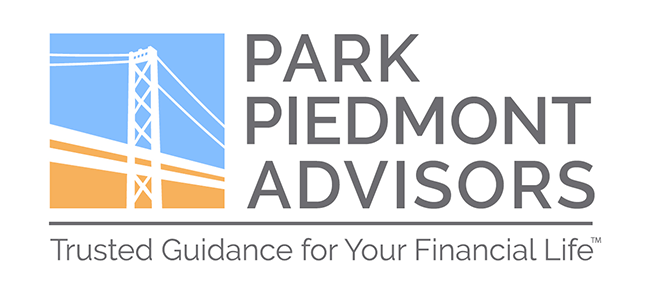Not long ago, on our neighborhood’s email list serve, a family having their kitchen gutted and remodeled posed a question.
“Is it appropriate (expected/customary),” they asked, “to give the workers, not the contractor, a cash gratuity?”
Around the same time, a friend was recounting a recent family road trip in Montana. The parents and their high school age kids had gone whitewater rafting for the day.
The friend shared that he’d asked the rafting guide how much he typically gets tipped — was it a dollar amount? A percentage of the total? A “tip of the cap”?
These questions, prompted by curiosity, logistics, and budgeting needs, also illuminate a larger, more mysterious topic: how do we learn money’s unwritten rules?
From the time we’re little kids, money is complex. Most of us don’t learn the ins and outs of money in school.
And within families, money is often shrouded in secrecy, due to family preferences and/or wider cultural norms — among them, a widespread taboo against talking openly about money.
This disinclination to discuss money is itself complicated and has many possible sources. (A 2020 article from The Atlantic is thought-provoking and eye-opening on the topic.)
So how do we all learn about money, if we’re not actually taught?
In reality, all of us, in one form or another, absorb what educators call a “hidden curriculum.” This refers to the things we learn, even though they’re not being formally taught.
Consider how you have, and haven’t, learned about money in your own life.
Who and what have been your sources of information? Was it family? The daily paper? Shakespeare? Sitcoms?
What do you wish you knew more about? Budgeting? Saving? Borrowing? Splurging?
At what points in time do you wish you’d asked more questions? Prepping for college? Contemplating a career path? Estate planning?
We can all point to some moment in time – very likely more than one – when we relied on our “hidden curriculum” about money to guide us.
One countercultural antidote for gaps in one’s financial education toolkit is, as we saw at the outset, asking questions.
On topics where you’re confused, or unsure, or could use a refresher, asking questions of reliable sources — including PPA advisors and our outstanding team — is an important way to keep learning about money.
While we at Park Piedmont might not know the proper amount to tip a whitewater rafting guide (this particular guide recommended 20%!), we are here to help with investing and financial decision-making, and to demystify some more of the unwritten rules of money.
